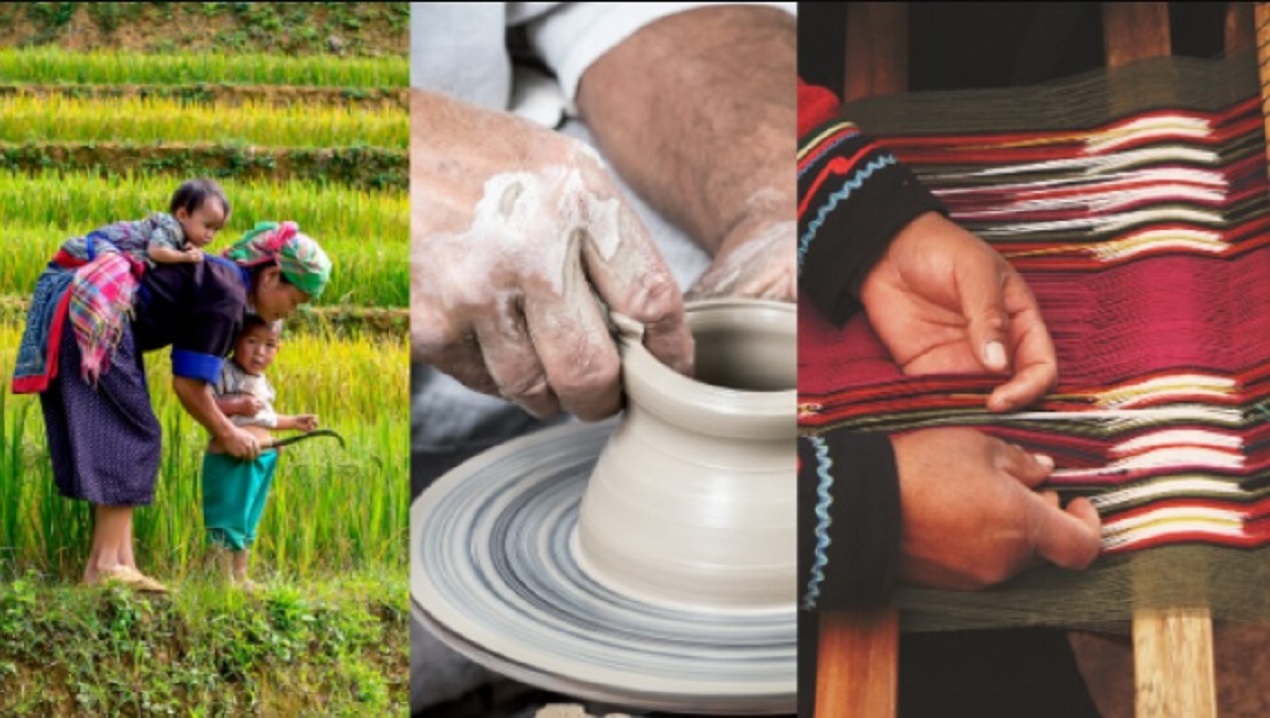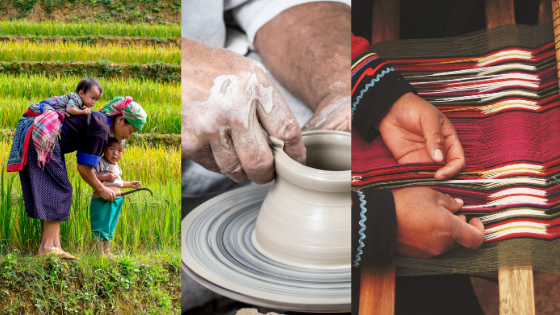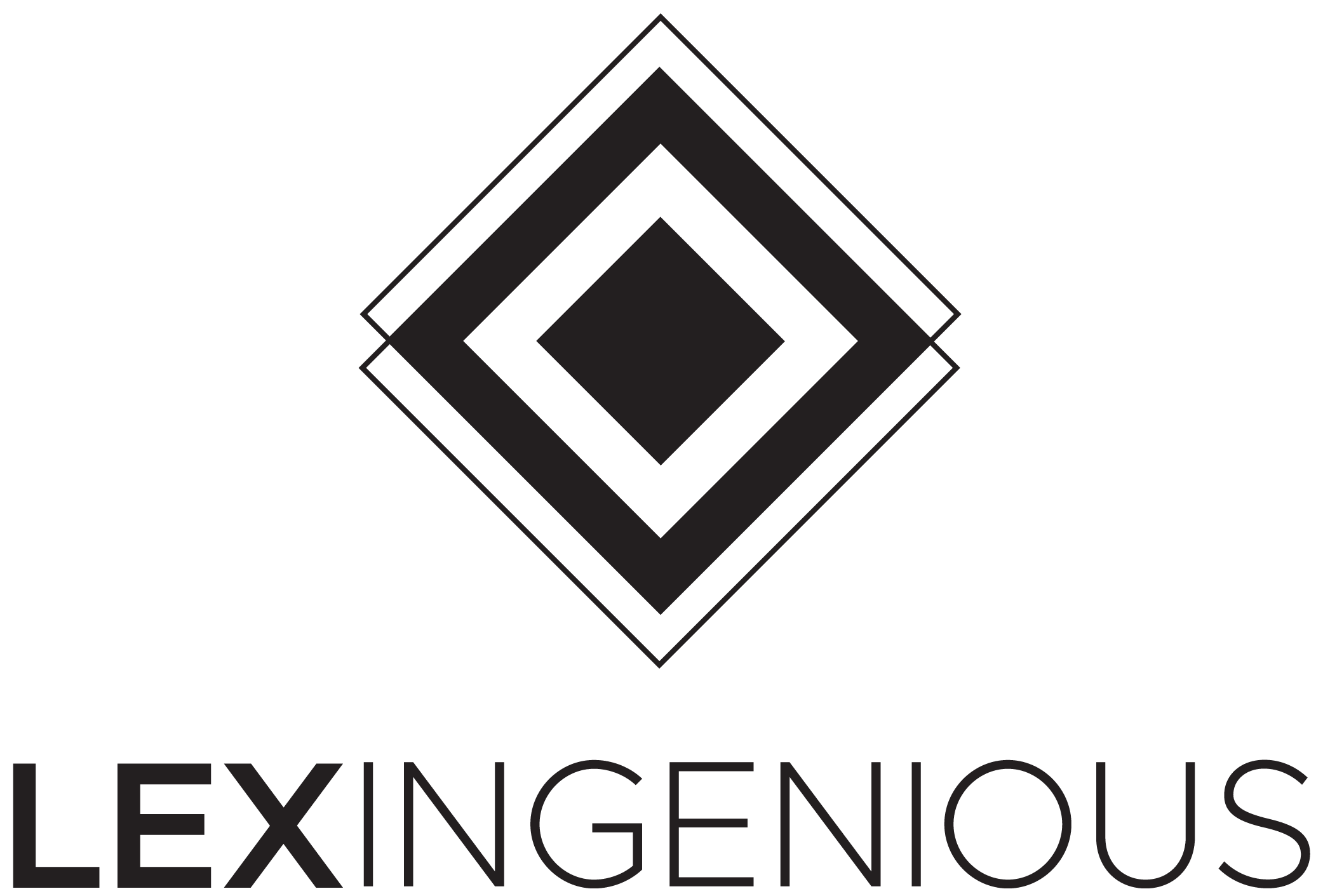
SHGs – Link and Loan
Self Help Group (or SHGs) are small, self-governed groups of individuals who come together voluntarily for a common cause and to raise and manage resources for the benefit of group members.
Any group, from the teracotta artisans in Assam to the textile workers in Gujarat or the silk weavers in Tamil Nadu, may form a SHG. In fact, India seems to have the most number of SHGs in the world, according to some reports.

The Government of India has not only recognised the existence of SHGs, but has also formulated schemes and plans to “quasi-regulate” them.
1. The Ministry of Rural Development, Government of India (“MRD”) launched the National Rural Livelihoods Mission in the year 2013, later renamed as Deendayal Antyodaya Yojana- National Rural Livelihoods Mission (“NRLM”). According to the NRLM, the NRLM has been launched for “promoting poverty reduction through building strong institutions of the poor, particularly women, and enabling these institutions to access a range of financial services and livelihoods services. NRLM focuses on building, nurturing and strengthening the institutions of poor women, including SHGs and their Federations at village and higher levels.” For the effective application of the NRLM, the MRD has issued a handbook on SHG- Bank Linkage (“Handbook”) and FAQs for further clarifications.
2. The National Agriculture and Rural Development Bank (“NABARD”), the apex financing agency for the institutions providing investments and production credit in rural areas, issued the Master Circular on Self Help Group-Bank Linkage Programme (“NABARD Master Circular”) for SHGs explaining the SHG- Bank Linkage Programme (“SHG-BLP”).
3. The Reserve Bank of India, to align with the NABARD Master Circular, issued guidelines (“Guidelines”) for banks with respect to SHG-BLP.
Many SHGs across the nation seem to be exploring avenues to seek finance for growth. However, since not all SHGs are “legal persons” (like a company), it is difficult for SHGs to open bank accounts and get loans. The SHG bank linkge program seems to solve this very problem.
The SHGs, which are informal and unregistered groups engaged in promoting savings habits among their members are eligible to open a savings bank account at any nearby bank branch. The savings account of an SHG can be operated by the office bearers duly authorised to this effect by the way of a group resolution.
Preliminary list of documents required for opening a bank account are:
– the account opening form;
– a resolution of the SHG members for opening of savings bank account with the bank and authority to office bearers to open and operate the account;
– passport size coloured photographs of office bearers; and
– a seal of the applicant SHG.
Upon receiving an account opening application, the bank do the customer due diligence. According to the Guidelines, for the purpose of SHG-BLP, due diligence of only office bearers is required and not of all the members of the applicant SHG shall not be required.

Availing credit facilities from banks
According to the NABARD Master Circular, banks may sanction savings loans to SHGs varying from a saving to loan ratio of 1:1 to 1:4. However, in case of matured SHGs, banks may give loans, at their own discretion, beyond the limit of four times the savings. Such credit decisions by banks may be made on parameters such as proven track record, savings pattern, recovery rates, credit history, housekeeping, etc.
For availing the credit facility, the SHG must be:
– in existence and active for at least past 6 months as per the books of account of SHG (and not from the date of opening of bank account);
– practicing ‘Panchasutras’ i.e. regular meetings; regular savings; regular inter-loaning; timely repayment; and up-to-date books of accounts; and
– qualified as per grading norms provided by NABARD.
The Guidelines, for ease of lending loans to SHGs, have made it mandatory for the banks to include ‘lending to SHGs’ in their branch credit plan, block credit plan, district credit plan, and state credit plan. Further, the Guidelines provide that the banks should delegate adequate sanctioning powers to branch managers to remove operational irritants and to expeditiously sanction and disburse credit to SHGs. The loan application forms, procedures, and documents should be made simple, thus, helping in providing prompt and hassle-free credit. However, the interest rate at which the loans are to be provided is decided by the banks.
The SHGs must also maintain clear books of all transactions, accessible to all members. A SHG should maintain the following records:
– Minutes Book: To record the proceedings of meetings, the rules of the group, names of the members, etc.
– Savings and Loan Register: To record the savings of members separately and of the group as a whole. Details of individual loans, repayments, interest collected, balance, etc. are also recorded in this register.
– Weekly Register: To record the summary of weekly receipts and payments. The register must be updated after every meeting.
– Members’ Passbooks: Individual members’ passbooks in which an individual’s savings and loan balance outstanding to be regularly entered.
Well maintained SHGs may prove to be great models of financial sustainability in different sectors at a grass root level. They may be seen growing at the cruicial intersection, where businesses meet social impact.

